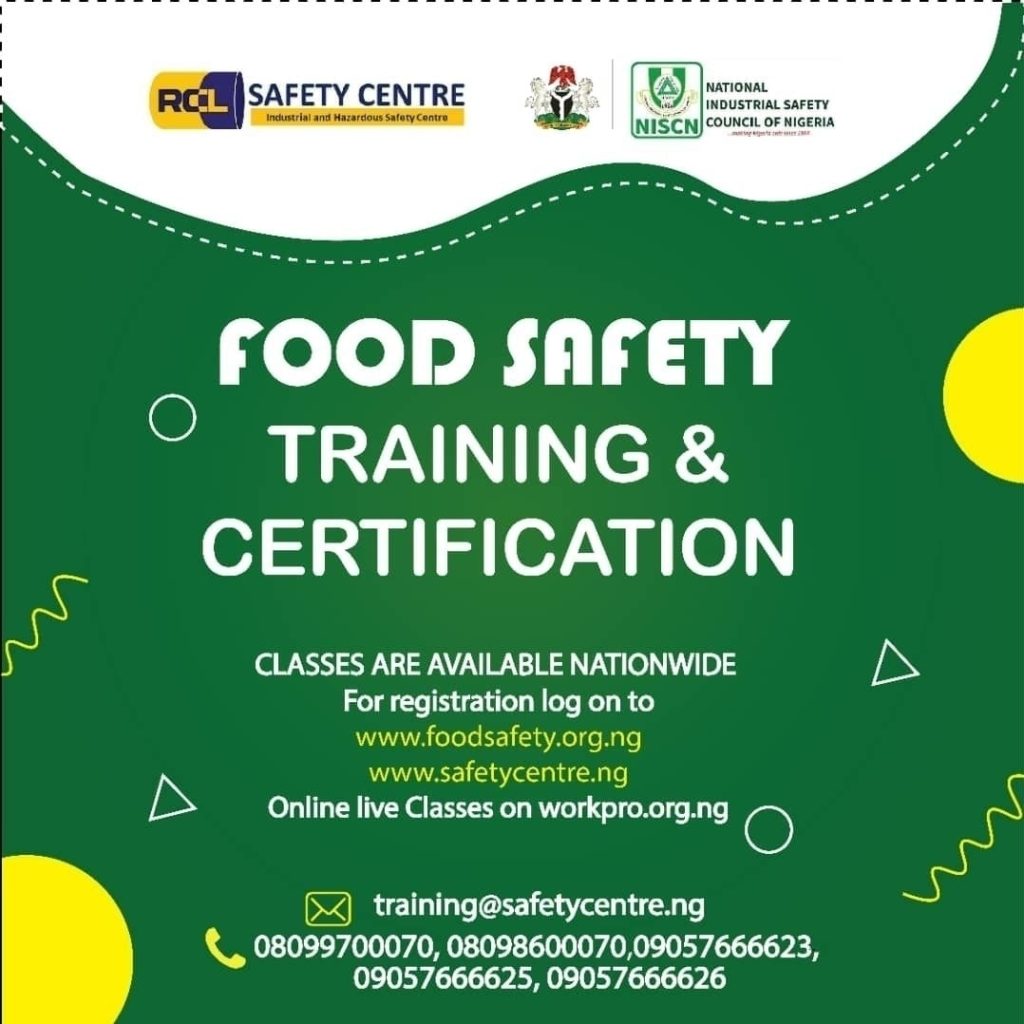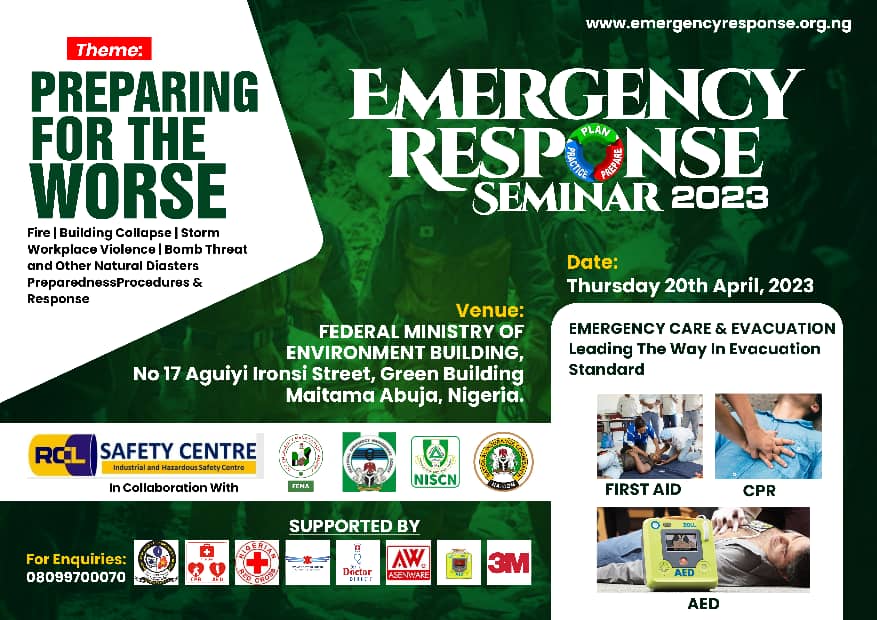
Multiple business types in the hospitality sector focus around providing their customers with food and drink which can be eaten on-premises or for takeaway. These can include hotels, restaurants, bars, cafes and sandwich shops.
As such, similar to food processing companies, these businesses must adhere to the correct food safety standards and regulations present in their country of operation so that high levels of hygiene are met to ensure that all food prepared on-site and sold to customers are safe to eat and free from food-borne diseases.
Food safety requirements for hotels and restaurants : The detailed legal requirements will vary slightly between countries, but the general principles of food safety are the same, usually based on the Codex Alimentarius.
The regulations will also be flexible to adapt to the size of a business, so that small businesses have simpler requirements. Local agencies responsible for monitoring businesses for food safety and enforcing regulations will have guides available to help you develop procedures and documentation suitable for your business.
HACCP : One of the key requirements for preparing and storing safe food is to have procedures based on the principles of HACCP (Hazard Analysis and Critical Control Points). Although this was first developed for the food processing industry, even small food handlers such as individual restaurants, bars and cafes should have procedures based on HACCP. In some countries, it is also a legal requirement.
HACCP is a systematic approach to identifying, evaluating, and controlling food safety hazards, and is based around seven basic principles. Identifying and controlling the hazards in each process achieves the same control of risk factors as making a HACCP plan for each product, according to the FDA and so achieves the same level of safety.
Hotel and restaurant premises : Premises include the buildings and rooms involved in food preparation and storage. They must be kept clean and in good condition and the design must provide suitable space for working and maintaining hygienic practices, prevent the build-up of dirt and mould, and provide suitable conditions for handling and storage of food.
The premises should provide adequate:
- Handwashing facilities and toilets for staff
- Ventilation in kitchens and toilets
- Lighting
- Drainage for kitchens and toilets
- Facilities for staff to change clothes
- Storage of cleaning chemicals, disinfectants and other chemicals

Design of food preparation areas in restaurants : The design of food preparation areas must allow good food hygiene practices and processes. Food safety legislation has specific requirements for food preparation areas relating to the condition and design of:
- Floors should be constructed of a material that is easy to clean and safe to walk on and maintained in sound condition
- Walls should be made of durable impervious materials that are washable, non-toxic, easy to clean and maintain
- Ceilings and overhead fittings should be designed to prevent the accumulation of dirt, mould, condensation
- Windows must be constructed to prevent dirt accumulation and have insect screens where necessary.
- Doors should be easy to clean and constructed of non-absorbent material.
- Surfaces should be made of smooth, washable, non-toxic, corrosion-resistant material, and maintained in a good condition.
- Washing facilities for equipment and food must be adequate for washing food and utensils and have hot and cold water.
Food equipment used in commercial kitchens : All equipment that comes into contact with food must be made of appropriate materials, kept in good condition, cleaned effectively, and fitted appropriately to allow cleaning around it.
Water supply
- Water that is used as a food ingredient or comes into contact with food for cleaning, heating, steaming, cooling must be of drinking quality.
- Ice that may come into contact with food or drink, must be made with potable water and must be produced, handled and stored hygienically.
- Steam that comes into contact with food must not contain any contaminants that could affect food safety.
- Water that is used for non-food purposes, such as fire control, heating, refrigeration, must be kept in isolated systems so that it cannot contaminate food, drink, surfaces or equipment.

Hotel and restaurant staff hygiene : Staff working in food handling areas must keep good personal hygiene and be aware of practices and factors that can cause contamination of food and cross contamination. There may be a legal requirement for staff training, such as with the US Food Safety Modernisation Act.
Food : All raw materials and ingredients used and any material used in processing products must be safe and not contaminated with anything that would make the final product unfit for human consumption.
Storage, processing and distribution systems must protect food from contamination and cross-contamination that makes it harmful to health or makes it become unfit to be eaten. This includes pest control and having processes and procedures that limit bacterial levels to within specified criteria.
Food waste : Food waste must be removed from the food preparation area as soon as possible and stored in containers that are suitable for waste disposal services to handle. The containers must be designed to be easy to clean, prevent contamination, prevent access to pests and kept in good condition. Waste disposal must also comply with hygiene and environmental regulations.
Staff training : Staff handling food must be instructed or trained in food hygiene so they have an understanding of the requirements for their work.
Transport : Vehicles and containers used to transport food must meet the same standards of hygiene, good condition, protection from contamination, and storage at suitable temperature. They must be kept clean and maintained in good condition.
Pest control : There must be adequate measures to prevent pests from contaminating food both in storage and preparation. This includes:
- Building design and maintenance to prevent means of access.
- Adequate storage of ingredients and prepared food that prevents access to pests.
- Hygiene measures to prevent access to food spills and waste that attracts pests and allows them to survive in the food environment.
Small businesses are more likely to have pets in the building, including feral cats. There must also be measures to prevent contamination of food by pets.
You can get more training from RCL Safety Centre thru https: www.safetycentre.ng/training_register
At RCL Safety Centre this training is also available in different Nigerian languages like PIDGIN,YORUBA,HAUSA AND IGBO
Our company (RCL Safety Centre) is an indigenous company dedicated to Health, Safety and Environment Training and Services.
We are technical partners of the National Industrial Safety Council of Nigeria (NISCN) as well as approved training partners of most major International Occupational Safety and Health organizations like NEBOSH, and corporate members of ISPON (Institute of Safety Professionals of Nigeria) with thousands of personnel trained in various areas till date.
For more information visit our website: www.safetycentre.ng
Email: sale@safetycentre.ng or mma@safetycentre.ng
Contact us on: 08099700070, 09057666623 or 08164363532
